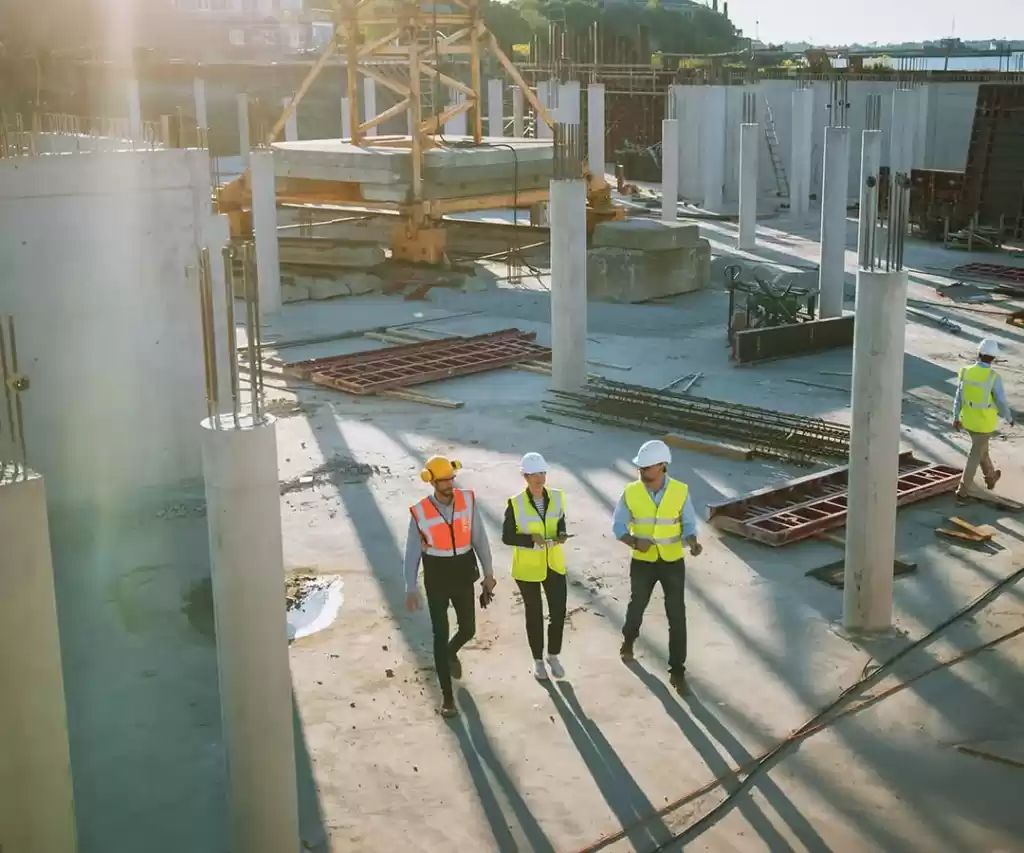Maintenance Bonds
A maintenance bond, also known as a warranty bond, is a type of surety bond that guarantees a contractor will fix any defects in materials or workmanship that appear after a construction project is completed. It provides the project owner with a financial guarantee for a specific period, typically one to two years, ensuring that the project remains free of defects.
How Maintenance Bonds Work
A maintenance bond is an extension of a performance bond. While a performance bond guarantees the successful completion of a project, the maintenance bond guarantees the contractor will return to address any issues that arise after the work is done and the project has been accepted by the owner.
For example, if a new roof installed by a contractor begins to leak a few months after completion, the maintenance bond would cover the cost of the repair if the contractor fails to fix it. This protects the owner from having to pay out-of-pocket for defects that are the contractor’s responsibility. The bond transfers the risk of post-completion defects from the owner back to the contractor.
Maintenance Bond FAQs
These are some of the most common questions asked about Maintenance Bonds and how they work.
A maintenance bond guarantees that the project owner won't have to pay for repairs if defects appear after a project is completed. The bond covers issues related to poor workmanship, faulty materials, or construction that fails to meet building codes.
The contractor, who is the principal on the bond, is only responsible for work they performed, the work of their subcontractors, or the use of materials they supplied. The bond does not cover issues outside of the contractor's direct control. For example, if a design flaw is responsible for a defect, and the contractor only executed the pre-approved design, the bond would not cover the cost to fix it.
Maintenance bonds are typically required by the project owner (the obligee) to protect their investment after a project is completed. While not always mandated by law like performance and payment bonds, they are frequently included as a requirement in construction contracts.
Who is most likely to need a maintenance bond?
- Public Entities: State, county, and municipal governments commonly require maintenance bonds for public works projects, such as roads, bridges, and public buildings. This protects taxpayers by ensuring the completed project will not need costly repairs due to a contractor's faulty work.
- Developers and Project Owners: Increasingly, private developers and property owners are requiring maintenance bonds to safeguard their investments. This is especially true for large-scale commercial or residential projects where a long-term guarantee of quality is essential.
- Contractors and Subcontractors: As the principal on the bond, the contractor is the one who purchases the maintenance bond. While it is a requirement placed on them by the project owner, having a maintenance bond can also give a contractor a competitive advantage by demonstrating their commitment to high-quality work and providing the client with peace of mind.
In essence, anyone who wants a financial guarantee that a completed construction project will be free of defects for a specified period of time needs a maintenance bond.
In many cases, the first year of maintenance coverage is included at no extra cost when it’s issued with the performance bond. If a longer maintenance period is required, the surety can extend coverage for a small additional premium—typically a fraction of a percent (around 0.1%–0.3%) for each extra year.
A maintenance bond typically becomes effective upon formal acceptance of the work by the owner or public agency (often through a final acceptance or punch-list clearance). Some bond forms set the “effective date” as the latest of the acceptance date or the date the bond is executed.
Yes. Sureties often limit maximum durations for maintenance bond obligations (commonly 12, 18, or 24 months). Risk of latent defects is often the chief concern and impacts underwriting and length surety will extend past 12 months.

Get started with your Surety Bond.
For start-ups, design-build, small and large contractors, all we do is bonding. Let us know how we can help you.
